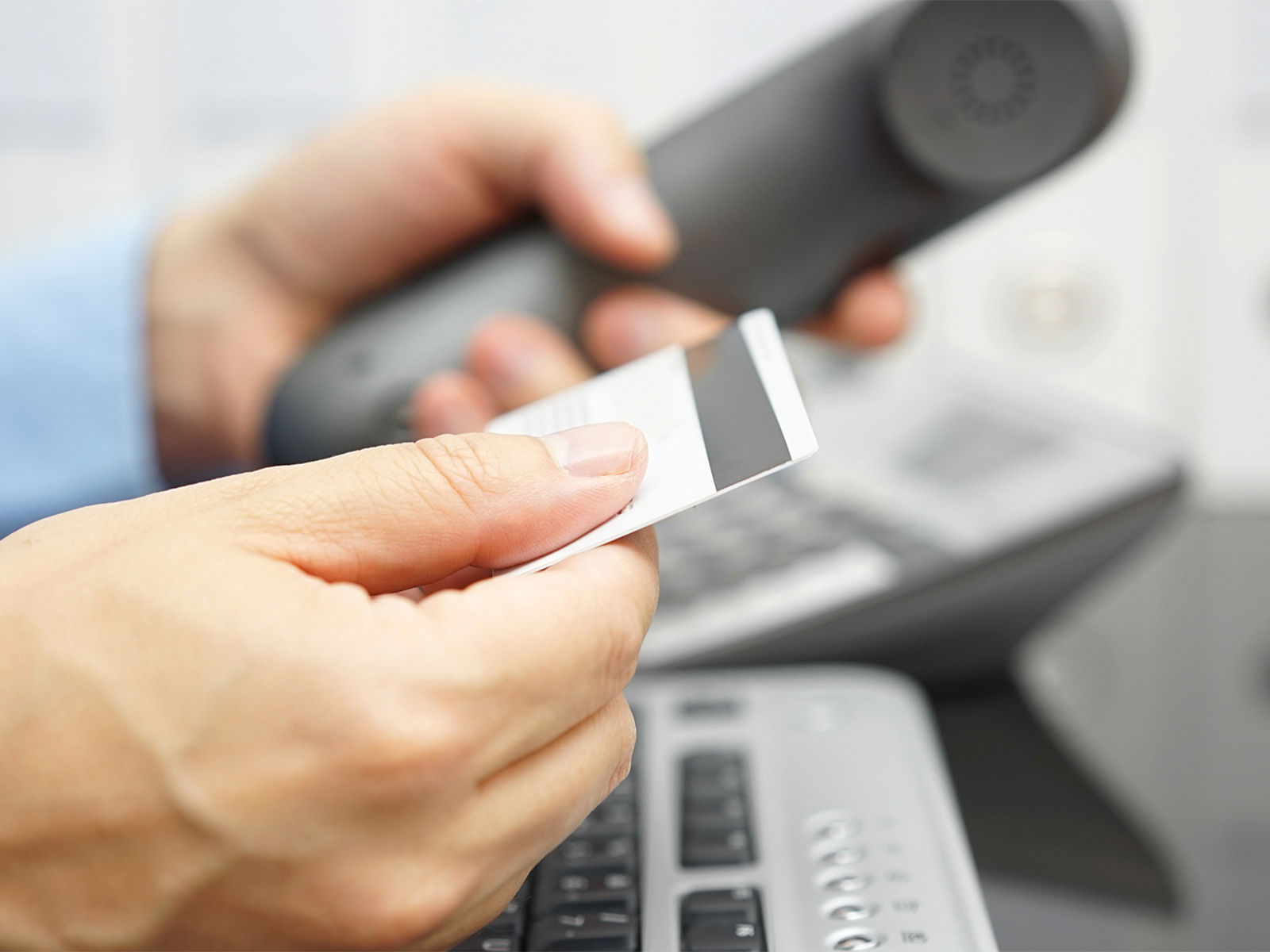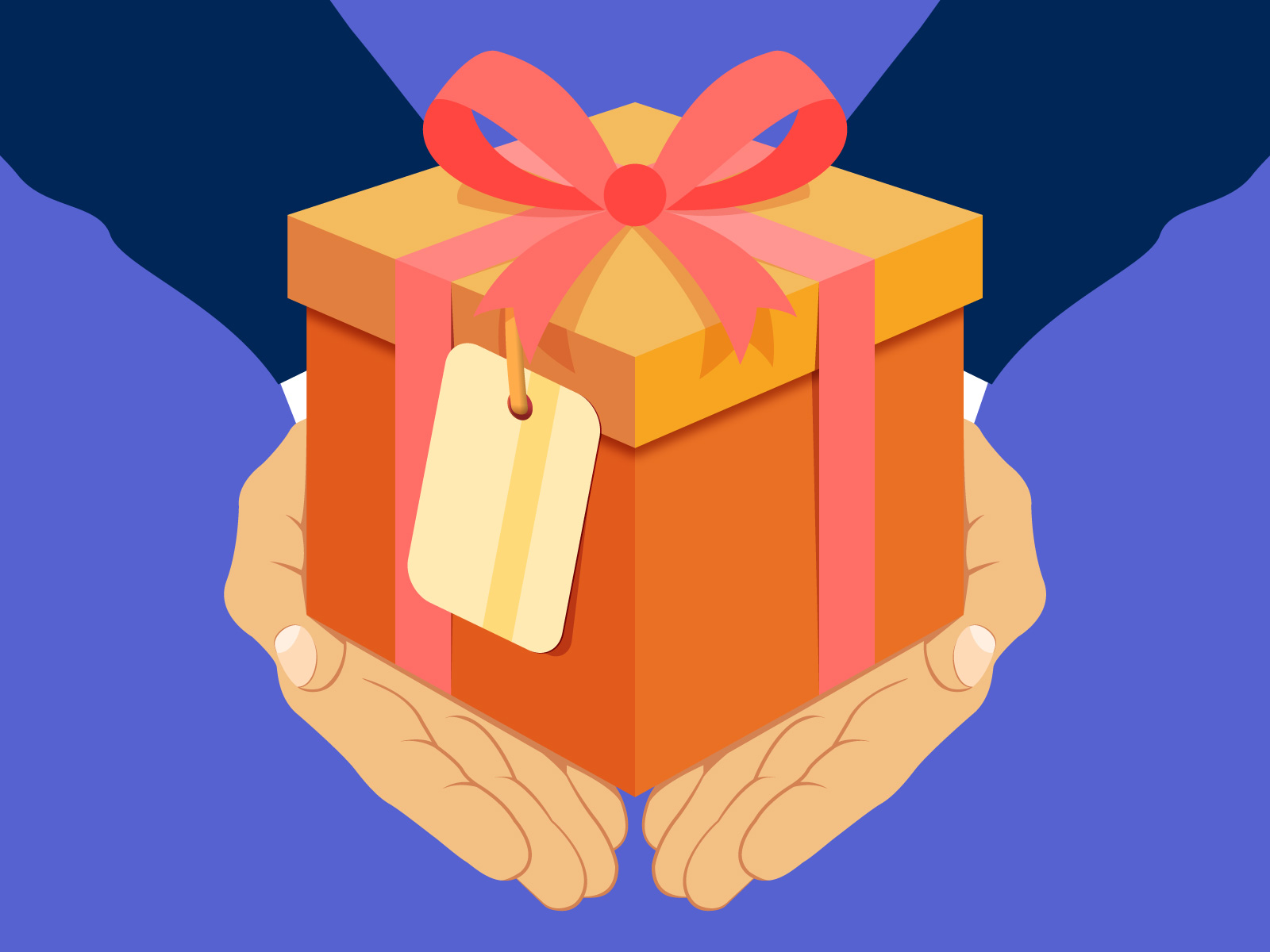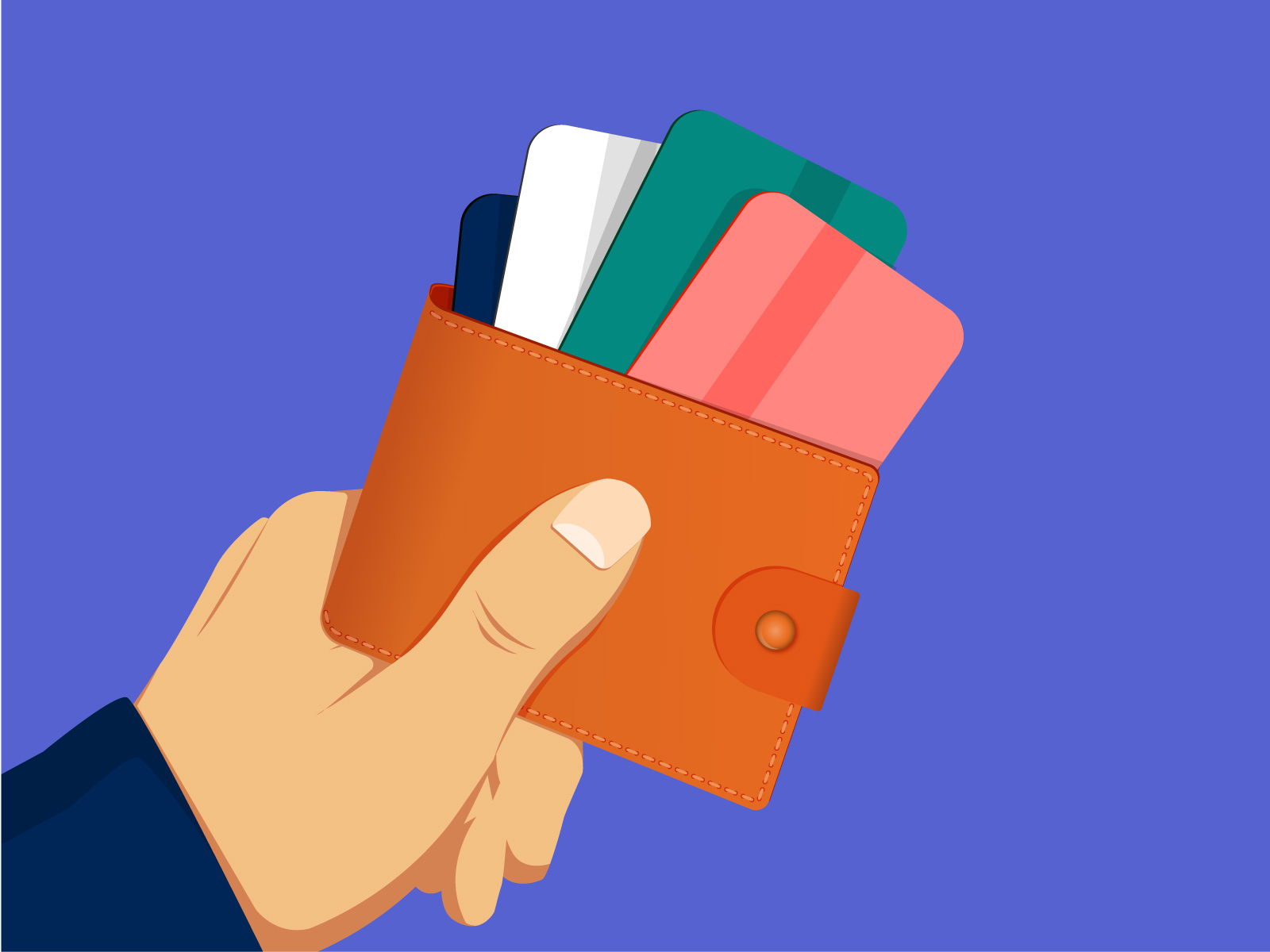Understanding your credit card benefits
Years ago while I was walking in Amsterdam, I received a text message that made me want to quit drinking.
“Dear sir, due to the weather your flight to Edinburgh has been cancelled."
I was set to attend a wedding in two days, so I was obviously concerned. I went straight to the airport where I was informed that the UK was hit by one of the worst snowstorms in decades — hundreds of flights were cancelled.
I was worried about my prospects, but by some miracle I was able to secure one of the last tickets to Glasgow, which my original airline paid for. I figured I'd be able to bus the rest of the way to Edinburgh.
The airline also offered me a hotel room, but it was off-site and the reviews weren't stellar. My flight was early the next morning, and I just wanted to be comfortable. I decided to stay at the airport to have a meal before booking a room at the directly connected hotel.
My total out-of-pocket costs were about $240. About a year later, while reading my credit card benefits, I realized that I had travel insurance included in my benefits, and it would have covered these expenses.
By not being informed, I ended up spending money I didn't have to. I'm sure I'm not alone in that regard. We all have benefits with our credit cards, but we need to know what we're entitled to if we need to make a claim.
Common credit card benefits
Travel medical insurance: This will cover you if you need to seek medical attention when travelling. Healthcare can be expensive outside Canada, so it's important to always travel with medical insurance.
Trip cancellation/interruption: When travelling, delays happen. Trip cancellation/interruption will cover you in the event you need to cancel your trip for a qualifying reason. Interruption insurance will pay for expenses you incur up to a maximum amount when your flight is delayed by a set amount of hours, usually 4.
Baggage Insurance: If your baggage is lost or delayed, you'll be given a set amount which you can use to purchase necessities. Note that baggage insurance is much more generous compared to airline payouts when your luggage is lost or delayed.
Car rental collision/loss damage waiver insurance: If your credit card offers this kind of insurance, you can decline any additional coverage that your car rental agency offers you, since you'll have adequate coverage included.
Purchase assurance: Sometimes known as purchase protection, this kind of insurance may cover your purchased items from loss, theft, damage, and even price drops.
Extended warranty: There's no need to buy a store warranty if your credit card gives you a free extra year just by making your purchase on the card.
Zero liability: If you're a victim of fraud, zero liability will ensure that you're not responsible for any fraudulent charges.
Looking for a new Credit Card?
Our Credit Cards are designed with you in mind, offering cash back to suit your spending and unlimited Rewards on all your purchases.
Qualifying and making claims
Every credit card has different conditions. Generally speaking, to qualify for your benefits, you'll need to make your purchases in full with the credit card.
If you do need to make a claim, you'll want to contact your insurance provider right away. This is a requirement for some of them, but it's also a good time to find out what steps to take next. You'll need to have all your receipts and get any documentation on the things you're claiming. For example, a doctor's note or written confirmation that your flight was delayed may be requested.
Remember, every credit card offers different benefits and has its own policies. You need to read the fine print in order to find out exactly what you're entitled to.
| Tangerine Money Back Credit Card | Tangerine World Mastercard® | |
|---|---|---|
| No Annual Fee | ✅ | ✅ |
| Unlimited Cash Back | ✅ | ✅ |
| Additional Cards (up to 5) | ✅ | ✅ |
| Purchase Assurance^ | ✅ | ✅ |
| Extended Warranty^ | ✅ | ✅ |
| Zero Liability Protection | ✅ | ✅ |
| Rental Car Collision / Loss Damage Insurance^ | ❌ | ✅ |
| Mobile Device Insurance^ | ❌ | ✅ |
| Airport Lounge Access | ❌ | ✅ |
| Wi-Fi Hotspot Access | ❌ | ✅ |
| Entertainment Discounts | ❌ | ✅ |
| For more details on features and benefits, visit the Tangerine Credit Cards page. | ||
5 Benefits include:
Rental Car Collision/ Loss Damage Insurance: Damage and theft protection for your car rental when you rent for up to 31 consecutive days and charge the full cost of your rental to your Card.
Mobile Device Insurance: Protection on new cell phones, smartphones or tablets when you charge the full cost to your Card, or when you purchase it through a plan and charge all of your wireless bill payments to your Card. Covers up to $1,000 if your mobile device is lost, stolen, accidentally damaged or experiences mechanical failure.
Purchase Assurance and Extended Warranty: For most new purchases made anywhere in the world using your Tangerine Money-Back World Mastercard®, you may receive a lifetime maximum of up to $60,000 for the following insurance coverage:
• Purchase Assurance to automatically cover loss, theft or damage on most new insured items for 90 days from the date of purchase
• Extended Warranty which may double the period of repair services to a maximum of one year
Insurance coverage is underwritten by American Bankers Insurance Company of Florida (ABIC). ABIC, its subsidiaries, and affiliates carry on business in Canada under the name of Assurant®. ®Assurant is a registered trademark of Assurant, Inc. Coverage is subject to eligibility, limitations and exclusions. For details of the coverage, including definitions and benefits, refer to the Certificate of Insurance provided with the card.
See the Credit Card Cardholder Agreement for complete benefits and terms.


